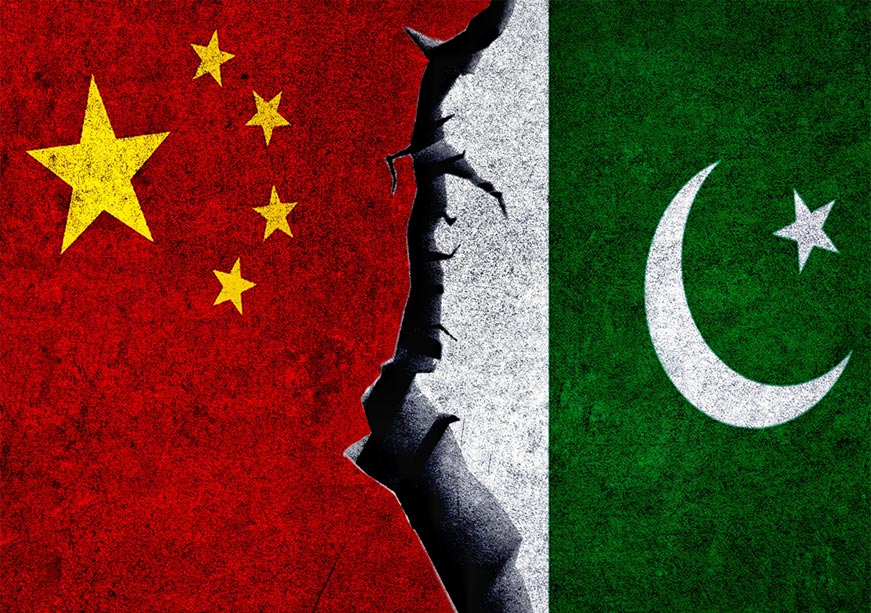China-Pakistan relations, long considered resilient, are currently under strain due to Pakistan’s mounting debt, security issues surrounding Chinese nationals, and delays in the China-Pakistan Economic Corridor (CPEC). Additionally, Pakistan's attempts to revive ties with the United States are causing friction with its strategic partner, China. This growing tension is a complex mix of bilateral challenges and external pressures, threatening to undermine their once robust cooperation.
Debt and Economic Pressures
Pakistan's economic struggles have severely impacted its relationship with China. With over 72% of its external bilateral debt owed to China, Islamabad is seeking debt reprofiling to manage its liabilities, including a $7 billion loan from the International Monetary Fund (IMF). In addition, Pakistan has asked China to convert imported coal-based projects to local coal and restructure over $15 billion in energy sector debts.
Beijing’s reluctance to invest further without security assurances is evident, especially after multiple attacks on Chinese workers in Pakistan. These security challenges, alongside Pakistan's inability to advance the second phase of CPEC, have deepened China's frustrations.
Security Concerns and CPEC Delays
Security concerns are a major stumbling block in the China-Pakistan partnership. Chinese nationals have been targeted by extremist groups, particularly in Khyber Pakhtunkhwa and Balochistan, leading Beijing to express unease. In response, Prime Minister Shehbaz Sharif has emphasised Pakistan's commitment to safeguarding Chinese interests. However, despite launching a new military campaign, Azm-i-Istehkam (Resolve for Stability), aimed at addressing these security concerns, there is lingering uncertainty over the safety of Chinese investments and personnel.
This insecurity has significantly slowed the progress of CPEC, China’s flagship Belt and Road Initiative (BRI) project. For Beijing, CPEC’s success is crucial for its economic vision and influence in the region, but persistent delays and attacks have dampened its enthusiasm for new investments.
Pakistan's Rapprochement with the US
Simultaneously, Pakistan's overtures towards the United States under Prime Minister Sharif have raised concerns in China. Islamabad seeks to balance its relations with both superpowers amidst the growing rivalry between China and the US in the Indo-Pacific region. While Sharif has reassured Beijing that Pakistan will not forsake its long-standing partnership, Washington's interest in strengthening Pakistan's democracy and economy through investments presents an alternative to Chinese dominance.
The US has also expressed apprehensions about Pakistan becoming overly reliant on China, encouraging Islamabad to diversify its alliances. However, this balancing act could further complicate Pakistan’s relations with China, which views its partnership with Pakistan as essential to countering US influence, particularly in South Asia.
Conclusion
China-Pakistan relations are currently being tested by internal and external factors. While economic ties remain crucial, growing security concerns and Islamabad's efforts to rebuild relations with the US are creating cracks in their longstanding partnership. As Pakistan navigates these challenges, it must tread carefully to avoid jeopardising its strategic alliances with either China or the US, both of whom hold vital roles in its future. Know more about the issue in a detailed blog here.





Comments